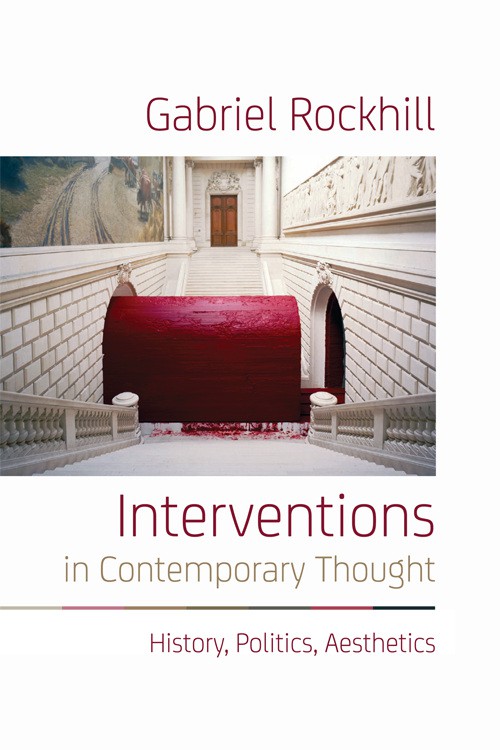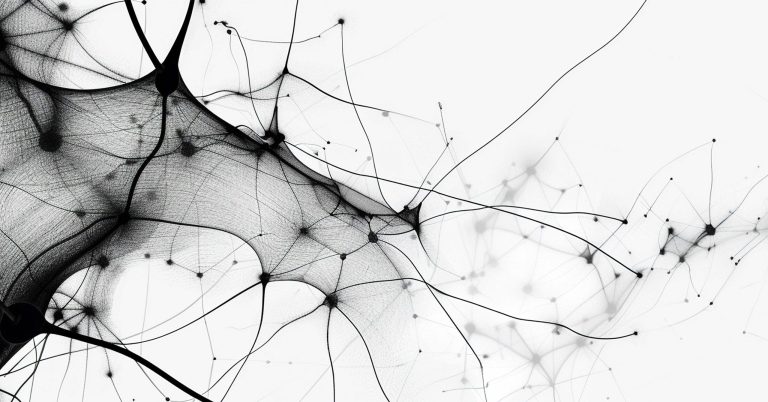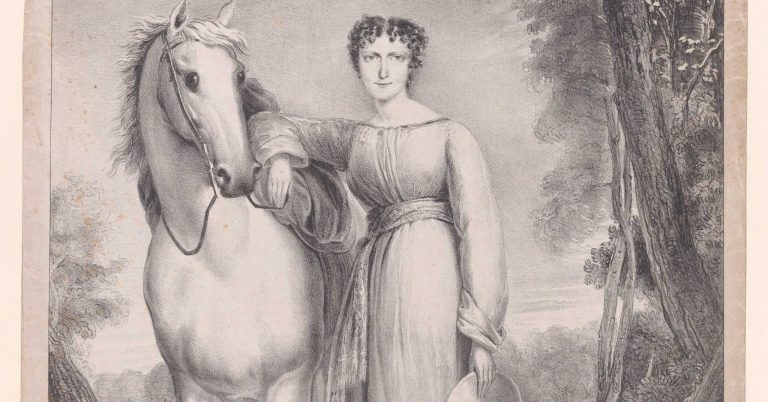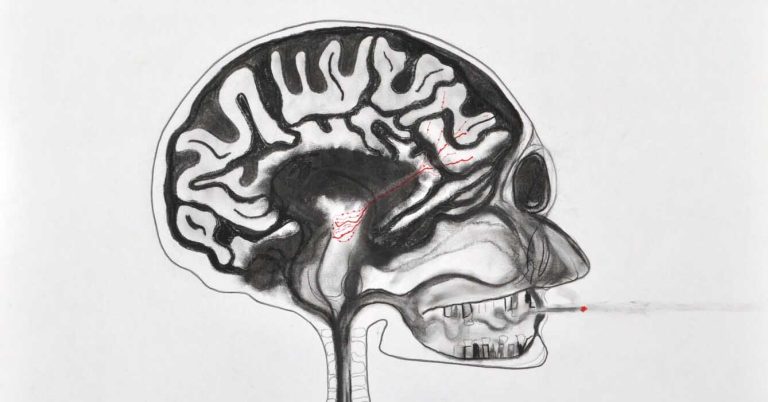
By Gabriel Rockhill
Theory is a particular type of practice, with its own set of rules, rituals and sanctions. To participate in its more institutionalised and prominent forms, it is necessary to engage with these norms and to negotiate one’s relationship to them. Far too often, this is done implicitly and non-reflexively, meaning that thinkers more or less automatically perpetuate the ‘normal theory’ of the practices in which they participate. They do philosophy, political science, sociology or literary theory – to take but a few examples – precisely as these disciplines are to be done. Their objects of analysis, methodologies, rhetoric and argumentative strategies conform to common practice and are thereby immediately legible as works of a particular discipline.
Let us call this type of intellectual activity interpretation. It works within the guiding parameters of an established theoretical practice. Interpretations can, of course, be more or less daring in the moves that they make, and they commonly seek to bring forth new perspectives or results. However, their activities always operate squarely within the rules of an extant social game. The central conundrum of interpretive work is how to abide by the norms of disciplinary practice while also producing original results. Whereas rote interpretation will be dismissed as old hat, novel interpretation will be lauded as saying something new (without however changing the grammar of the practice itself).
An intervention, by contrast, calls into question the rules of the game and their institutionalised customs. Unlike an interpretation, it is not immediately intelligible, and it often raises a series of troubling questions: ‘Is this philosophy?’ ‘Is this anthropology?’ The guard dogs of interpretation will almost inevitably lay claim, as vociferously as their institutional power permits, to the territory that defines their right to existence. How dare someone not play by the rules of the game (which is particularly disrespectful to those who have succeeded at precisely these games)? Institutionalised repression and marginalisation tend to be the academy’s interpretation of interventions.
This is in part because theoretical interventions seek to do what has not been done. They advance into uncharted territory, raising deep structural questions regarding condoned practices and authorised practitioners. It is not only that they are undisciplined, in every sense of the word, it is that they are capable of undertaking a counter-cultural archaeology and ethnology of contemporary intellectual work, raising the crucial questions: ‘what has been done?’ and ‘what is to be done?’ They frequently unearth the profound social and political stakes of established theoretical games and their privileged actors, as well as their cultural exclusions. They overturn the stones of Eurocentrism, phallocentrism, classism, institutionalised racism, compulsory heterosexuality, transphobia and the international division of intellectual labour.
Interventions have the capacity to develop new and different games. They are much riskier and even incendiary endeavours, and they are certainly more laborious and time consuming. Whereas one can be relatively quickly equipped for interpretive work, and many of the parameters that are in place favour this, interventions require cutting across disciplines, geographic regions, cultural milieus and distinct practices. This is not simply intellectual trespassing or transitory rebelliousness for it ultimately requires a profound reworking of the systems in place. In extreme cases, where interventions succeed in gaining traction, they reconfigure the very field of the thinkable. Michel Foucault’s poignant description of Karl Marx and Sigmund Freud as ‘founders of discursivity [fondateurs de discursivité]’ might be taken as a potential example. Throwing off the harness of well-disciplined interpretive work, they both sought, in different ways, to intervene in order to create alternative theoretical practices, which have had a far-reaching impact.
In the current theoretical conjuncture, in which interpretive work remains the order of the day and interventions are rare or sometimes tenuous, it is imperative to raise the question ‘what is to be done, with theory?’ The answer of interpretation is to do what has been done (although perhaps with slight surface improvements). That of intervention is that theory itself needs to be redone. It opens a perilous path beyond the well orchestrated moves of disciplined and cultured work, which is at once more arduous and devoid of immediate gratification or even guarantees. It might be a path that leads nowhere, at least insofar as the destinations and aspirations of intellectual work are generally predefined by the interpretive-disciplinary matrix. Yet, in spite of the imperatives of our conjuncture and its institutions, can one not help but wonder if it is not precisely our time that is ripe for intervention?
Gabriel Rockhill is a philosopher, cultural critic and political theorist. He is an Associate Professor at Villanova University and the Founding Director of the Atelier de Théorie Critique at the Sorbonne in Paris, France. He is the author, most notably, of Counter-History of the Present: Untimely Interrogations into Globalization, Technology, Democracy (forthcoming), Interventions in Contemporary Thought: History, Politics, Aesthetics (Edinburgh UP), Radical History & the Politics of Art (Columbia UP, 2104) and Logique de l’histoire: Pour une analytique des pratiques philosophiques (Éditions Hermann, 2010). Follow on twitter: @GabrielRockhill
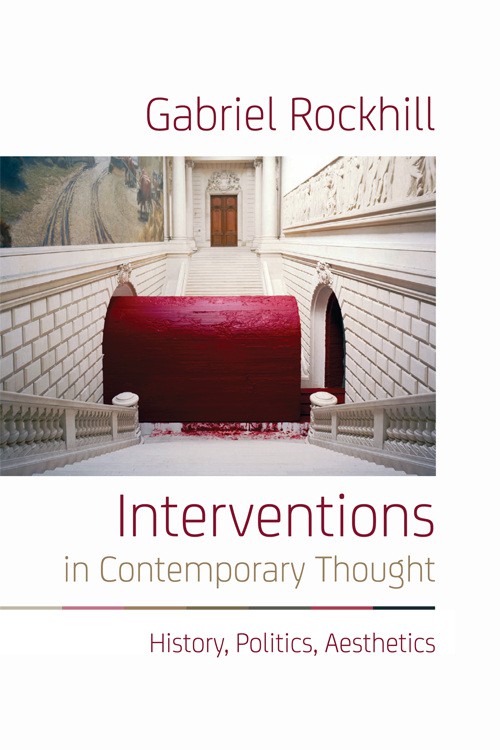 | Interventions in Contemporary Thought: History, Politics, Aesthetics is available now in hardback and ebook from Edinburgh University Press |


